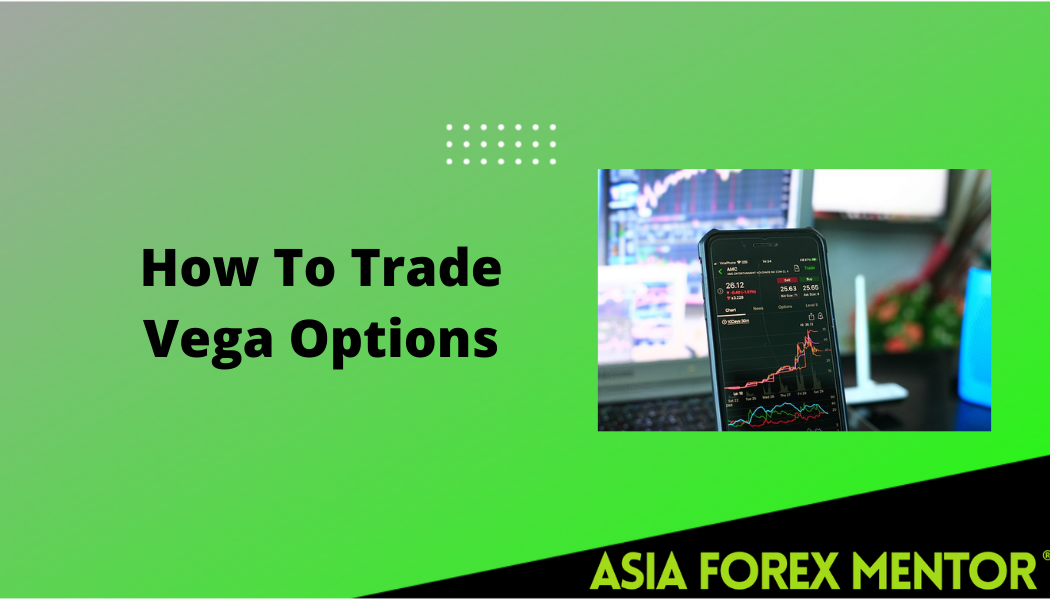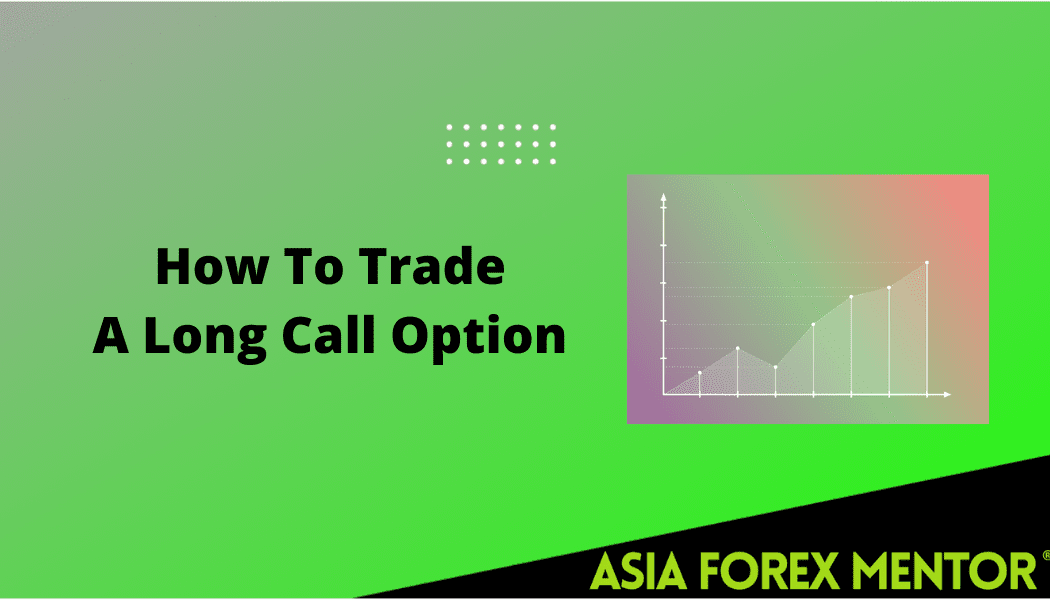
Implied volatility is prone to sudden changes by nature. Supply and demand are predicted by implied volatility over a specific period and environmental shifts in stock markets. We usually experience such events when market data or news affects the stock’s supply and demand.
The introduction of a new product, a change in regulations, and earnings announcements are asset examples of situations that affect implied volatility.
Volatility crush also called implied volatility crush, is the abrupt decline in implied volatility and the resulting decline in the value of options contracts.
This blog will explain everything about IV crush and how to tackle it during the earnings announcements.
Also Read: Everything About Implied Volatility
Contents
- Understanding The Implied Volatility
- How Do You Calculate The Implied Move?
- What Is An IV Crush?
- How IV Crush Impact Stock Price During Earnings Announcement
- How Does Implied Volatility Crush Affect Options Prices?
- Bottom Line
- FAQs
Understanding The Implied Volatility
Options are calculated based on stock market prices, the option price, the period before expiration, and expected volatility in the stock prices during that period.
The higher the options price relative to the difference between their strike price and the actual value of the underlying stock, the greater the premium paid due to uncertainty about the stock’s expected volatility. In other words, the amount paid for the option price indicates implied volatility the market will expect.

IV Crush Implied volatility is a metric that can calculate the probability of an asset’s price movements. IV can also be very helpful in forecasting price changes, demand and supplies, and prices as options contract.
In addition to volatility, there are several variables in the calculation. Those deciding factors include supply, demand, and the period value. The CPB is experiencing very strong volatility in earnings before it gets quite strong in earnings.
How Do You Calculate The Implied Move?
You can estimate implied stock moves by determining prices at the nearest expiry date. A straddle represents the implied or anticipated move of equity. When a stock is re-traded for $5 the same day that was announced it would move $5.75 or 0.4% on average.

When a stock moves less than $5 in either direction, then the stock moves less than implied. Implied volatility drops when the expectation over a stock price decreases.
What Is An IV Crush?
An IV crush occurs after uncertainty over an underlying option s disregarded. In the short term, volatility can reduce an option contract’s ex-extrinsic c price, causing an inflated value and thus reducing the value. This rapid decline happens because new information will allow traders to price options. Even a quarterly earnings report can have significant implications for the implied volatility of an investment product or broader market.
IV Crush Example
The general principle is determining why IVs have cr shed a sudden drop in the uncertainty about stock price and other assets. The same scenarios happen when companies publish quarterly financial reports. Tell the story from the time earnings were released. Some options traders may attempt to capitalize upon this stock using call options to leverage their return on the trade.
How IV Crush Impact Stock Price During Earnings Announcement
IV crush happens when the implied volatility of an asset falls following an event or earnings announcement. Learn how IV crush affects the value of an option.

Earnings announcements and major corporate events, such as launching a product or clinical trial results, increase implied volatility before the event.
Once the price starts responding to the outcome of the new release, implied volatility (IV) tends to fall quickly and significantly after the news is released.
Before earnings announcements, traders “bid up” volatility. Why? Stocks are most volatile around earnings announcements. forward guidance, Earnings results, and management commentary can send a stock skyrocketing or plummeting.
These reports raise concerns. As a result, implied volatility rises before the event because investors anticipate a larger than usually expected-move in the stock’s price.
How Does Implied Volatility Crush Affect Options Prices?
Pricing options can become complex because it involves a range of factors, including the asset’s current market value, strike price, and expiration dates, and the estimated price variation based on the time.

If option prices differ from the current price, the better the option is worth—the more significant the difference between them, the greater the likelihood of volatility of contracts being implied. Ultimately implied volatility is measured as the price for any asset moves upward after the option expires.
Also Read: How Do You Trade With A Volatility Indicator?
How To Avoid IV Crush?
Avoiding exposure to IV crush is the best option in the first place if you don’t want to experience the strain that comes with attempting to make money from it.
Trade options when the bigger market volatility Index (VIX) is in a downtrend with a low IV, especially after an earnings report’s release.
However, even by doing this, risk cannot be eliminated. It can be important to hedge the position with more options contracts if you want to ensure that your losses won’t exceed what you’re willing to lose.
Recovering From An IV Crush
An essential thing to remember while trying to make money from implied volatility is that, at its core, an IV Crush is driven by emotion.

The Volatility Index – VIX, also familier as the “fear index,” is comparable. The issue is that a variety of things can cause emotions to alter, and those changes might take place quickly.
Consider contrasting the IV of short-term and long-term options as you consider your approach. This could provide a better forecast of the market’s future.
Bottom Line
The bottom truth with IV crush is that it provides a genuine risk to option traders. You may discover yourself in a condition where significant losses result from a quick drop in IV and a decline in the market value.
Through carefully planned and timed option trading, some more experienced investors try to take advantage of the chances IV crush presents. It is a high-risk technique that can potentially be profitable, but it must only b used by people with extensive market knowledge.
FAQs
What Is An IV Crush Example?
IV crush is of en an issue that can catch beginners unaware. It happens when the intrinsic value of options contracts declines dramatically due to significant events. Generally speaking, corporate earnings reports and regulatory notifications. 24 November 2020.
How Does IV Crush Benefit You?
Profits from IV Crush are contingent upon purchasing options at low implied volatility. The announcement could come just a little before the earnings announcement. The Trader should closely watch options’ historical volatility as they compare it to historical valuation if available.
What Happens When IV Falls?
If the options are priced according to the implied volatility of the options, the premiums should also be correlated; thus, a premium rise of IV increases the option cost and/or drops. Any option holder loses out on the option contract if the IV is crushed.
What Is Earnings Volatility?
Earnings volatility refers to a statistical concept for determining the associated risks and aids in predicting a stock’s market price. Volatility is the risk involving varying degrees of change in the value of a security. Higher implied volatility means a higher level of risk.











